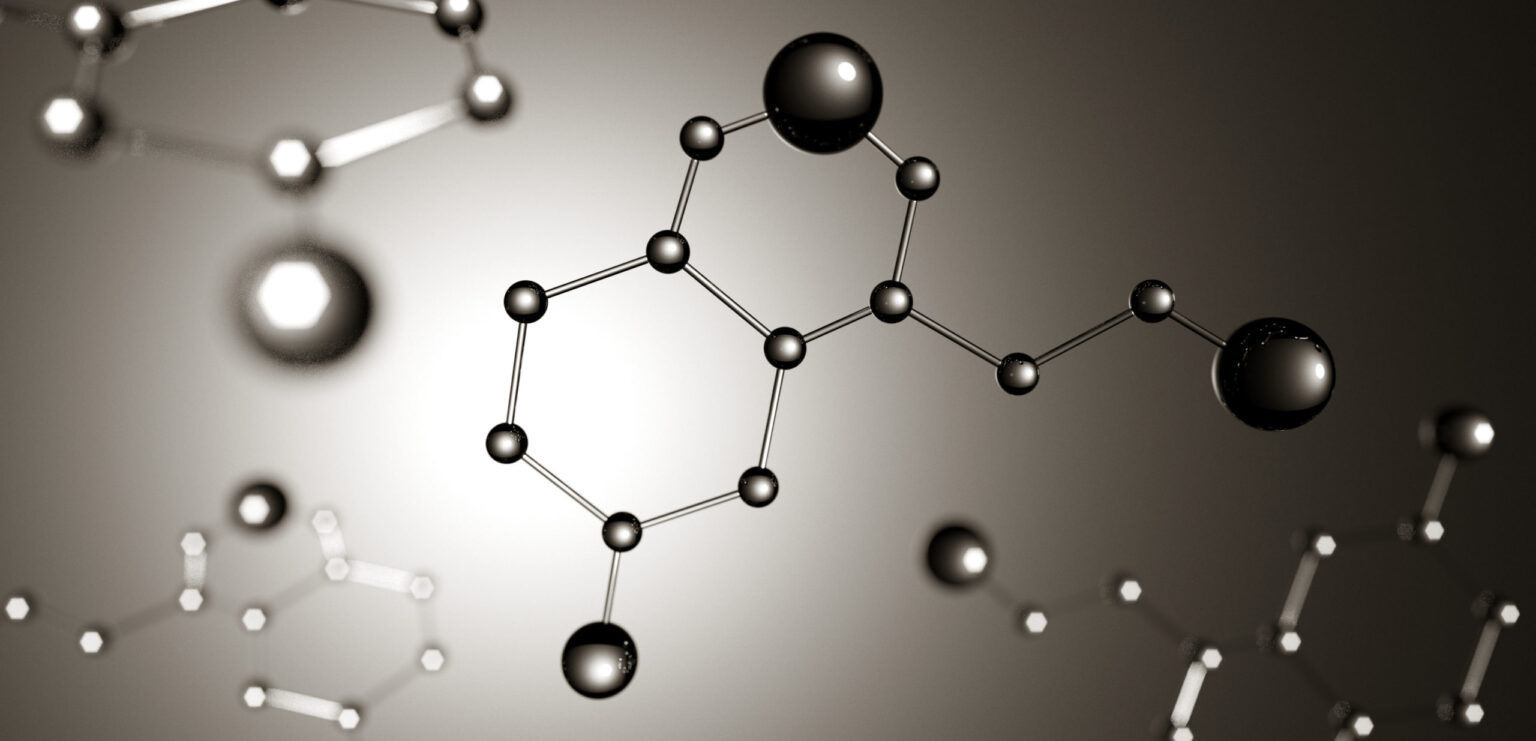If you want to improve your overall health and well-being, you may want to consider looking into NAD. NAD, or nicotinamide adenine dinucleotide, is a compound found naturally in all living organisms which play an essential role in cellular metabolism. In recent years, NAD has been gaining popularity as an alternative health supplement, with claims that it can improve energy levels and mental clarity and even promote better sleep. This blog will provide a comprehensive guide to NAD and how it can benefit your health. Keep reading to learn more about what is NAD?
What is NAD?

Nicotinamide adenine dinucleotide is a coenzyme found in all living cells. It’s an essential component of the citric acid cycle, the biochemical pathway that produces essential energy molecules for the cell. It’s also involved in many other critical cellular processes, including DNA repair and the regeneration of other important molecules. NAD is known to play a role in aging, as its levels decrease with age. The decline in NAD levels is associated with several age-related conditions and diseases, including dementia, cardiovascular disease, and diabetes.
NAD is available in supplement form as a precursor molecule and can increase NAD levels in the body. Supplementation with NAD has been shown to improve mitochondrial function, and energy production, and support healthy aging. It has also been shown to help improve cognitive function and memory, reduce anxiousness, improve sleep quality, and increase overall energy. Additionally, NAD supplementation has been shown to help support the body’s natural detoxification processes. However, it’s important to consult your healthcare provider before taking any supplements.
Where is NAD found in the body?
NAD plays a crucial role in metabolism. It’s composed of two parts: a nicotinamide group and an adenosine group, both energy-carrying molecules. This molecule is essential for maintaining energy balance in the body and helps to regulate many important biochemical processes, such as the conversion of carbohydrates and fats to energy, and the synthesis of proteins and fatty acids.
NAD is especially abundant in the mitochondria, which are the cell’s energy-producing factories. It helps to transfer electrons between components of the electron transport chain, which is responsible for generating energy in the form of ATP. NAD is also found in other parts of the cell, including the nucleus and cytoplasm, where it’s involved in a variety of metabolic processes, such as DNA repair and the activation of genes.
NAD is naturally produced in the body, and its levels can be increased through diet. Foods that are high in vitamin B3 (niacin), such as fish, nuts, and seeds, can help to boost NAD levels. Supplementation with NAD precursors, such as nicotinamide riboside or nicotinamide mononucleotide, has been shown to increase NAD levels in the body and may help to protect against age-related diseases.
Why is NAD essential to your bodily functions?

NAD is important for the production of certain hormones and is involved in the synthesis of DNA. This helps to repair DNA damage, which can be caused by various factors such as aging and exposure to toxins. Without NAD, the body would be unable to repair this damage, leading to various health problems.
NAD also produces neurotransmitters, which are essential for communication between neurons. Without these neurotransmitters, the brain could not perform its normal functions. Additionally, NAD helps to regulate the activity of the immune system, which is essential for fighting off infections and other diseases.
Overall, NAD plays an essential role in the body as it’s a key energy source and plays a role in many other metabolic processes. It’s necessary for healthy aging and helps repair DNA damage, detoxify, and regulate brain chemical signals.













